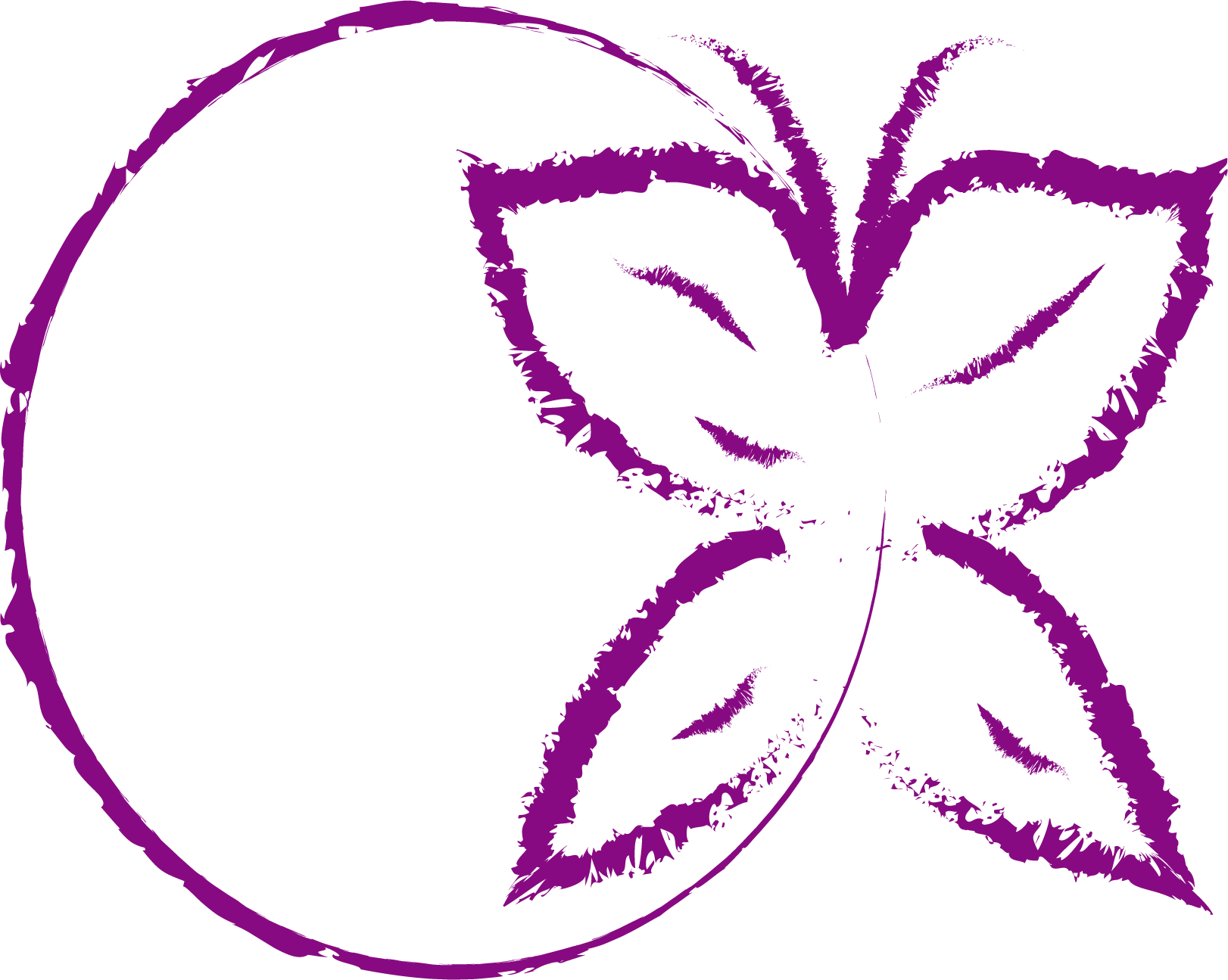Photo by Natalya Letunova on Unsplash
Anyone who has had acupuncture will have had the word Qi said to them many times. “The needles help to keep the Qi moving smoothly”; “the reason you are feeling pain there, is because the Qi is stuck”; “it is important to eat well in order to create good Qi”.
To the acupuncturist, this sounds completely normal and makes sense and we sometimes forget that to you it is only just a word. Qi has become a popular word, you kind of understand it – but in all honesty you have no idea what it is!
Qi is everything, it is everything that we can see, touch, hear, feel. It is everything from the highest, oldest mountain to the nervous feeling we get in our stomach before an exam. It is the food we eat, the thoughts that we think, the work that we do, the blood coursing through our veins and arteries. Qi is substantial and in-substantial! It is energy of the universe. Einstein said: “Energy cannot be created or destroyed, it can only be changed from one form to another”.
To explain it on a more practical level, Qi is our foundation. How well we feel, how productive we are, how we approach our days depends on the freshness and quality of the Qi moving through our bodies. We are born with inherited Qi or our Jing and we get that from our parents. It determines our constitution, strength and vitality. This is like an energy bank account that we come into the world with and how we live depends on how much we withdraw from this bank account. The laws of nature will guarantee that it naturally declines, no matter how careful we are!
And then there is the Qi that is refined and extracted from the food and liquids we take in; known as our Post-natal Qi/Jing. This is more like a cash account, what we put in – we can take out. So from this is can be taken that our diet choices are incredibly important, the more nourishing and suitable our food is for us, the better our Qi will be and the more vitality we will have. We all know how we feel the day after we have gorged on an abundance of junk food!
(I will explain in a later post how Qi is made)
From this, Qi has many different forms within the body and each organ has its own Qi (each of which have their own functions!). Two of the most commonly talked about are Nutritive (Ying) Qi and Defensive (Wei) Qi. Our Ying-Qi has the function of nourishing our internal organs and body. It is closely related to blood and flows alongside it in our blood vessels as well as in the acupuncture channels. It is this Qi that is activated whenever a needle is inserted during an acupuncture session.
And then our Wei-Qi flows on the more outer layers of the body in the skin and muscles and as the name suggests, it is there to protect us from invasions of pathogenic factors. So, if you feel a cold coming on, it is your Wei-Qi that is working hard to expel whatever it is trying to get in.
Qi has many different functions:
- it warms us
- it protects us
- it raises – ensures that the body structures are held in place
- it holds – ensures that fluids and blood are held in their proper places
- it transforms – it changes food and fluids into more subtle forms
- it transports – transports various substances in to and out of various body structures.
Also as already stated, each organ has its own form of Qi and functions in relation to the Qi. Each of which I will through in future posts to help you understand how your body works on individual levels but also as a whole. This may help to explain why when you come for acupuncture for a sore shoulder, I ask questions about your digestion and sleep; my aim is to determine if your sore shoulder is a more structural problem or that it possibly is not being supported and nourished enough to heal.
Depending on the area of the body that is being concentrated on, Qi has a certain direction it should flow in. For example, Lung-Qi flows down and Kidney-Qi flows up. And it is the responsibility of the Liver to ensure that Qi is smoothly flowing in all directions. In the world we live in, the natural flow of Qi can be affected. The food we eat may not be as natural as it could be, leading to a poorer quality of Qi produced. The worries, stress, anxieties and emotions of modern-day living can impede the flow of Qi, possibly leading to Liver-Qi stagnation – which can show as stress headaches, bloating, pain under your rib cage, problems sleeping, to name just a few. How each organ responds to dysfunctional Qi will lead to different outcomes and each person’s reaction to this will be different to the next.
Though this is very simplistic view of Qi and of our lives, it is my job as an acupuncturist to aid your body to start restoring itself to the more natural flow of Qi. The points I choose on your body are chosen to best support this process. The food advice I may give is to best support the transforming function of Qi in hope to support this process and also to give you control of your health and wellbeing. The food we take in is without doubt one of the main things we are lucky enough to have complete control over.
You may not understand why a needle is being put in a certain place – but is my hope that as this site builds you can use it as learning tool to better understand your acupuncture visits.

